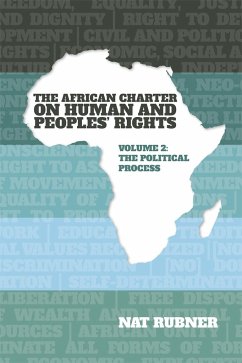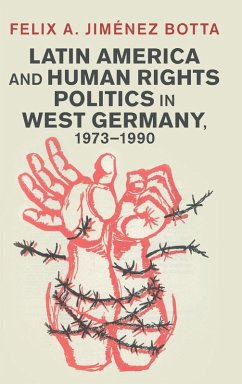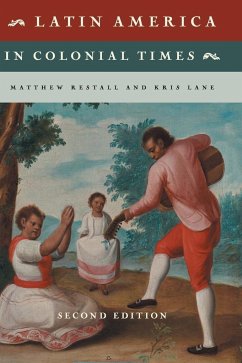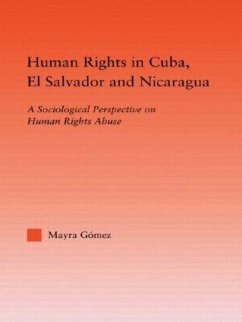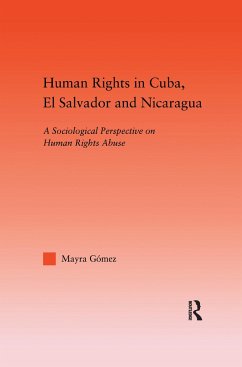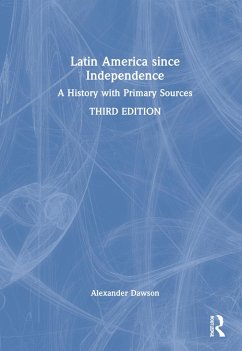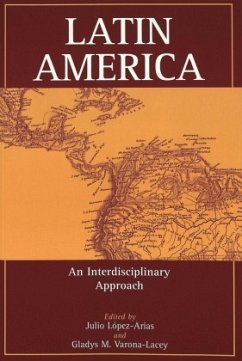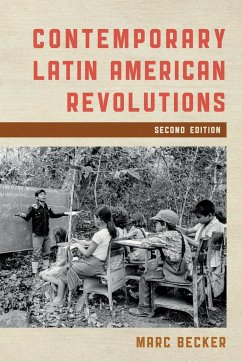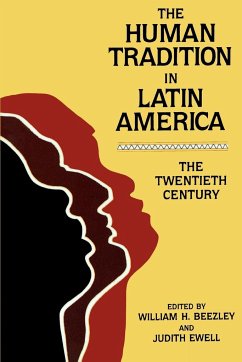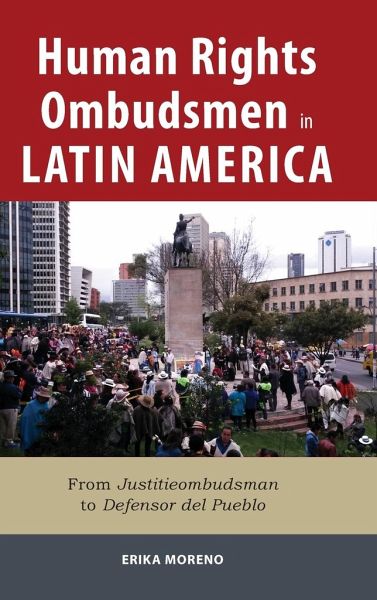
Human Rights Ombudsmen in Latin America
From Justitieombudsman to Defensor del Pueblo
Versandkostenfrei!
Versandfertig in 1-2 Wochen
91,99 €
inkl. MwSt.

PAYBACK Punkte
46 °P sammeln!
The modern ombudsman was built in the spirit of prior incarnations of the public advocate-such as the Swedish justitieombudsman, the Secret Royal Inspector in Korea's Joseon Dynasty, the Roman Tribune, or the Second Caliph's Qadi al-Qadat-to serve as an agency of accountability. Across the Americas, the Defensoría del Pueblo was ushered into being as part of a larger democratization process in the Americas during the late twentieth century. This study incorporates this new agency into a principal-agent context and uses a regional analysis with two case studies to understand its functions bett...
The modern ombudsman was built in the spirit of prior incarnations of the public advocate-such as the Swedish justitieombudsman, the Secret Royal Inspector in Korea's Joseon Dynasty, the Roman Tribune, or the Second Caliph's Qadi al-Qadat-to serve as an agency of accountability. Across the Americas, the Defensoría del Pueblo was ushered into being as part of a larger democratization process in the Americas during the late twentieth century. This study incorporates this new agency into a principal-agent context and uses a regional analysis with two case studies to understand its functions better. This study aims to define the Defensoría del Pueblo, provide context for its emergence in Latin America, and examine variations in the structure of the office and its implications for democracy and its citizens. This study pairs systematic, regional analysis with Bolivia and Colombia as case studies, focusing on how the agencies in these countries have evolved and their contributions to human rights. A multitiered approach is employed, with each level of analysis providing part of a larger narrative that explores the relative impact of this unsung institution. The approach places the Defensoría del Pueblo into a principal-agent context, by illustrating how this agent can be conditioned to play specific roles in society, based on the incentives provided to its immediate principals (elected officials). The results of the regional analysis are significant because they highlight how the Defensoría's elected principals (executives and legislators) create the conditions that grant the agency more or less formal autonomy to advocate for human rights. The analysis highlights how this agency evolved over time and the manner in which this agency has contributed to protecting human rights in the Americas in general, and in Bolivia and Colombia in particular. Human Rights Ombudsmen in Latin America: From Justitieombudsman to Defensor del Pueblo is an important contribution for scholars of Latin American politics and comparative politics as well as policymakers and students at the undergraduate and graduate levels.





